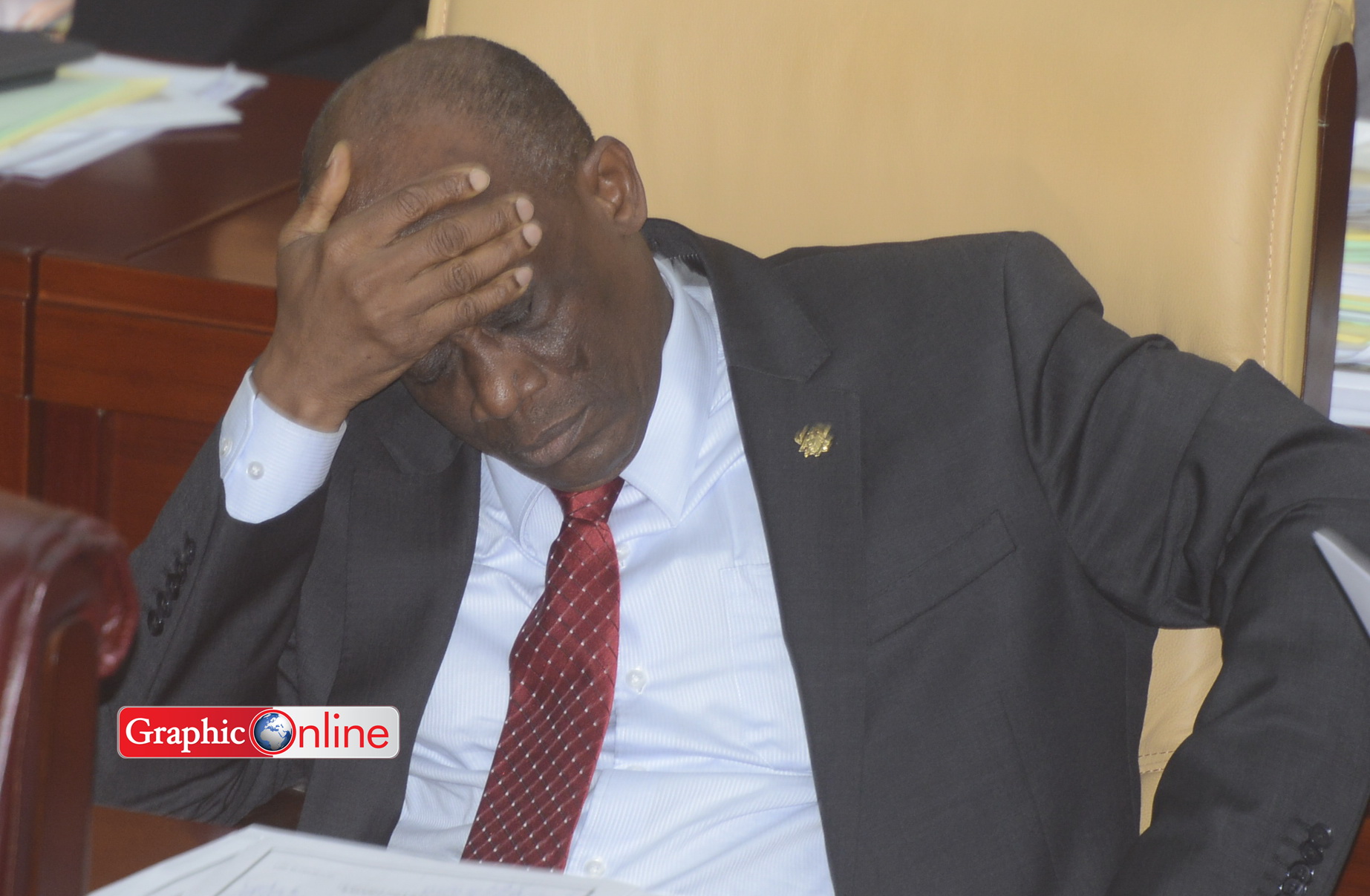
Ghana loses $2bn in sole-sourced contracts – Danquah Institute
Article Index
The Danquah Institute, a public policy research centre, has said at least $1.93 billion is being lost through non-competitive tendering.
Advertisement
The pro-opposition outfit said it has been investigating “public procurement contracts awarded on either sole sourcing or restrictive tender basis since 2010, involving over GH¢12 billion (US$2.96 billion in nominal terms).”
“Our findings suggest that an estimated 65% savings could have been made if those deals were subjected to competitive tendering. That translates into GH¢7.8 billion savings in public funds, equivalent to US$1.93 billion, nominally,” DI said in its report.
Below is the full statement
DI: GHANA LOSES $2BN IN SOLE-SOURCED CONTRACTS (I)
The Danquah Institute, a public policy research centre, has painstakingly undertaken due diligence on a number of public procurement contracts awarded on either sole sourcing or restrictive tender basis since 2010, involving over GH¢12 billion (US$2.96 billion in nominal terms).
Our findings suggest that an estimated 65% savings could have been made if those deals were subjected to competitive tendering. That translates into GH¢7.8 billion savings in public funds, equivalent to US$1.93 billion, nominally. Essentially, public procurement contracts appear to be motivated more by corruption than development. The actual cost of the current situation is that we are throwing too much money at far fewer projects and the nation could have developed far more faster if only government would adhere to the letter of and principles behind the public procurement law.
In a series of publications, DI will share the findings of its research with the country as part of the necessary national debate to make value for money assessment a critical component of public expenditure.
It is always prudent to shop around when choosing a supplier or distributor for the provision of any service for the obvious reason of cost reduction. It is indeed imperative for a government to ensure that due process is followed with respect to awarding state contracts especially when there is no urgency for the execution of the relevant contract to warrant a no-bid or sole sourcing contract. It is even more vital for a country like Ghana, where basic infrastructural difficulties are widespread and poverty rife to have value for money being the deciding factor for the award of state contracts. Save in response to national disasters or the prevention of the same, urgency does not necessarily come to play especially where citizens have survived without very basic amenities since independence. The prerogative of the government and if this were put to the masses for a vote would indicate that value for money should drive all decisions of the award of state contracts.



